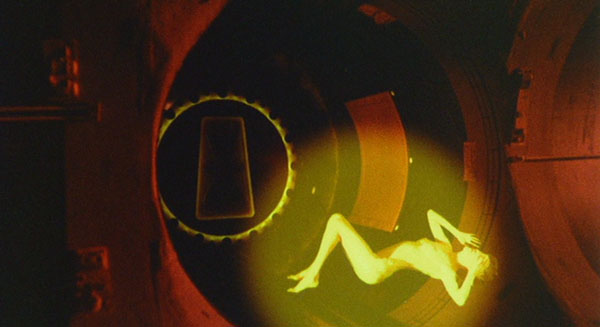 |
| Written by Generoso Fierro |
Earlier this year my wife Lily and I got to meet director Larry Cohen between a double feature screening of his seldom seen 1984 film, Special Effects, and his uneven yet wildly entertaining 1990 thriller, Ambulance, at the Egyptian Theater in Hollywood. Sadly, there was only a small crowd for those Thursday night screenings at the cavernous theater on Sunset Blvd., a theater where anything less than a sellout always feels dramatically under attended.
I especially felt a bit badly about the low turnout as I have long admired Cohen’s films, an admiration that began after my friend Ron and I got our hands on a VHS copy of his 1974 newborn baby that rips up everyone classic, It’s Alive. That horror film that set our standard for “batshit crazy” which we would use for every phantasmagorical film that we saw afterwards during our teen years.
Besides ranking It’s Alive against other horror films of late 1970s and early 1980s, we also hunted down any movie that Cohen directed, with many being to our delight like Perfect Strangers in 1984 and Q in 1982.
You remember Q don’t you? That was the one with giant flying lizard that had a thing for eating New Yorkers, which as young Philadelphians who hated the Mets and their fans was more enjoyable than perhaps originally intended, but of all of the films that Cohen had directed post-It’s Alive, we really loved his 1976 film, God Told Me To, a visually stunning science fiction horror film that centered on Catholic guilt, which we had seen not too long after Scorsese’s Mean Streets, which for us had set the gold standard of dealing with our own Catholic guilt.
Cohen wrote, produced, and directed God Told Me To, which is centered on Catholic NYC Police Detective Peter Nicholas (Tony Lo Bianco), a well intentioned, sad sack cop who is investigating a series of random murders where the only constant is that the killers’ last utterance, which is the title of this film. If this supposedly God-inspired bloodbath doesn’t play with his Catholic guilt enough, Peter is in a severely dysfunctional open relationship between his wife of many years, Martha (the always sullen, Sandy Dennis), and his younger girlfriend, Casey (Deborah Raffin). The setup is good for a classic Italian Roman Catholic meltdown, which brings up a point that I have wondered about for years and regretfully neglected to ask Cohen that night at the Egyptian: “Why would you cast Italian-American actor Tony Lo Bianco to play essentially an Italian-American archetype but named that character Peter Nicholas?” Nicholas’s self-tormenting persona is quite similar to Mean Streets’ Roman Catholic repressed Charlie (Harvey Keitel), but as Mean Streets was released only a few years earlier, perhaps Cohen changed the character’s nationality to avoid comparison, which is almost unavoidable given the Catholic setup and its NYC location. It doesn’t change how much I appreciate this film in any way, but it does need mentioning if not for the one chance that I can face Cohen in the future without turning into a thirteen year old fan.
Through a bit of clever detective work, Peter finds out that all of the killers have been influenced by a religious cult leader named Bernard Phillips (Richard Lynch), a Christ-like figure from space whose alien race convinces these white, earth men to turn their arms on other white people, who historically had more authority and voting power in New York City. This subplot is commonplace as issues of race and social status have always been a part of most of Larry Cohen’s films since his debut dark comedy Bone in 1972 and his subsequent blaxploitation films Black Caesar and Hell Up In Harlem. Peter fittingly meets Bernard in the hell-like basement of a slum apartment building, and it’s here that Cohen creates his contrasting image of God, a hermaphroditic figure who argues with Peter about a possible revolution of minorities to bring them to the level of ruling class while still preaching hate like a dictator.
It is the contrasting nature of the film that becomes God Told Me To’s strongest mechanism as it fills the narrative with a state similar to that which is occurring inside of Peter, the Madonna/whore complex that rules not only his romantic relationships but his familial relationships as we find out that the many of Bernard’s disciples may have been born out of interstellar virgin birth to make the whole guilt thing more than any Catholic can handle. In fact, all of the extraterrestrial/religious/racial themes of God Told Me To only serve to stress the real erupting urban landscape of a desperate 1970s New York that was experiencing the latter stages of white flight-inspired urban decay. Perhaps Louis Malle’s My Dinner With Andre, which would be released a few years later in 1981, defined Larry Cohen’s intentions with God Told Me To in a way that now makes complete sense: that this late 1970s New York was in fact some sort of sociological experiment or worse some sort of penal colony where the guards are actually the prisoners that never saw the kind of revolution that Bernard suggests, leaving the town in an unsatisfying malaise.
Considering the low budget of God Told Me To, Cohen leaves a lot of the money on the screen, as this may be the most visually striking piece of his career. Most impressive are the sessions between Bernard and Peter that take place in the gold-lit bathed boiler room of the apartment building. The schlock is at a minimum here as we not only feel the frenzy so present in Cohen’s work but also a state of awe that needed to be present so that the audience could empathize as to how Bernard could convince his disciples to go out and kill on his behalf. The scenes of the alien abduction of virgin brides also gets the first class sci-fi treatment here as does the score by Frank Cordell, who filled in for legendary composer Bernard Herrmann, who had scored Cohen’s It’s Alive and had agreed to score God Told Me To but passed away shortly after accepting the contract. Cordell’s score, much in the mold of Hermann’s music for It’s Alive, does a fantastic job in driving the overall creepiness of the narrative.
As messy as all of this sounds, God Told Me To’s science fiction/horror/sexual structure keeps the viewer off kilter for the entire ninety minutes while never losing its protagonist Peter Nicholas in the process in the same way that Scorsese’s Mean Streets‘ over the top realism and violence never loses its hero, Charlie. Both men looking to keep the peace but neither realizing that the only peace they need cannot come solely from saving those around them but by saving themselves.
So, whether Cohen saw Mean Streets and decided to give it the Cohen touch or if it is a totally original concept, only Larry knows, but either way, it brings home the damage that years of getting smacked in the hand by rulers held by potentially alien women wearing capes can do to a good Catholic boy who is only trying to do the right thing.







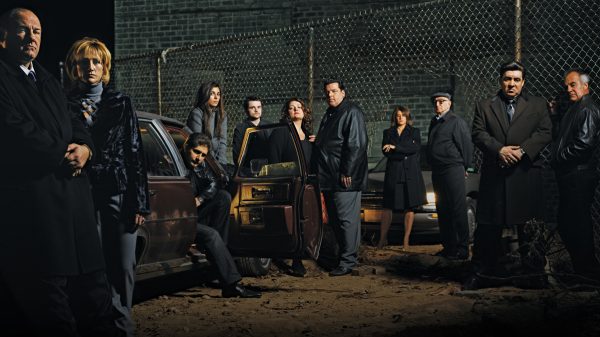
















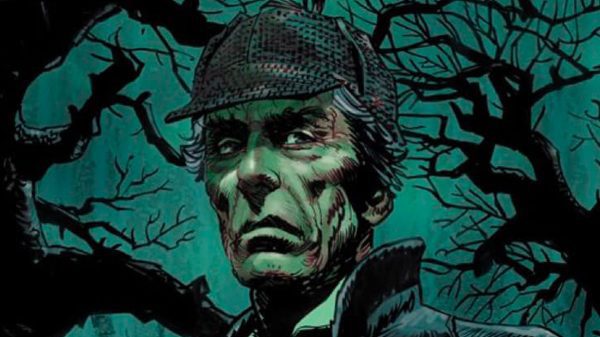
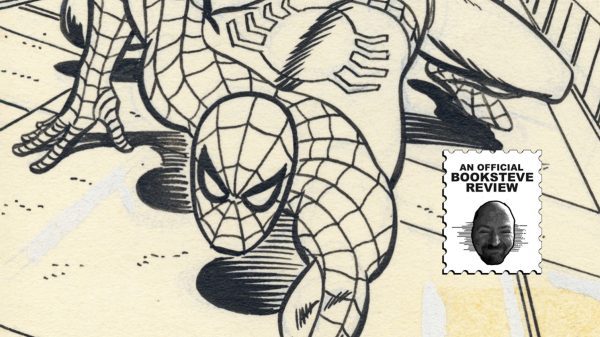







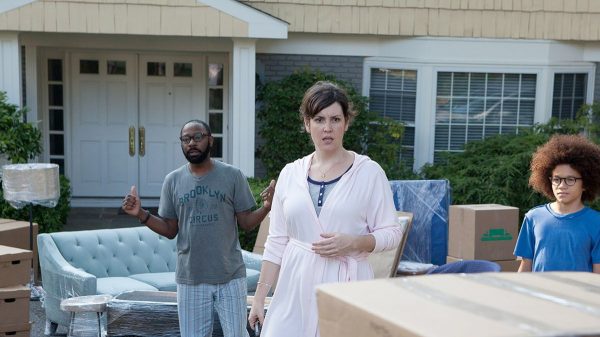
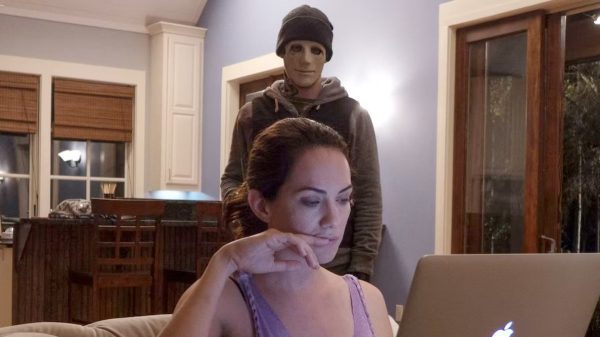















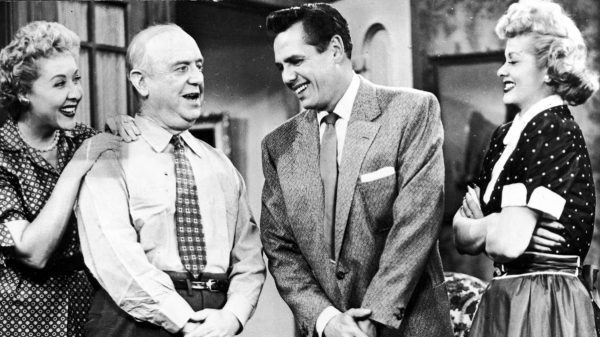



















































You must be logged in to post a comment Login